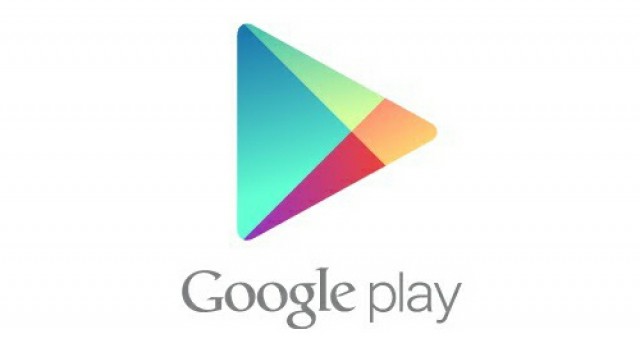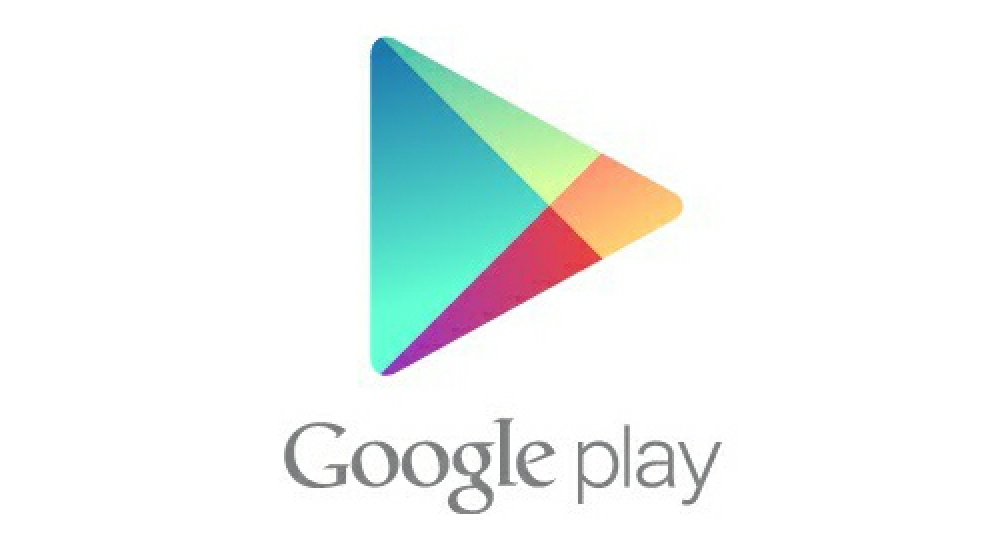
In an update to their developer policies, Google have (amongst other things) clamped down on “sexually explicit material” which means if you’re looking for naughty bits you’ll have to head over to the Amazon Appstore to find them, because Google don’t want it.
The updated policies, which were emailed to developers and are available here if you’re interested, include a few minor changes and a few major ones. The bit I really hope they enforce is the inappropriate and deceptive promotion of apps that a few sources have engaged in over the past year or so, but particularly the unsolicited contact of their users being barred is a great step from Google.
App Promotion
Apps published on Google Play may not directly or indirectly engage in or benefit from the following behavior:
- Promotion via deceptive ads on websites, apps or other properties, including simulated system, service, or app notifications or alerts.
- Promotion or install tactics which cause redirection to Google Play or the download of the app without informed user action.
- Unsolicited promotion via SMS services.
It is your responsibility to ensure that no ad network or affiliate uses such methods to direct users to pages that make your app available for download.
Another of the exciting changes by Google in this update is the requirement for disclosure of in-app purchases in the Play Store prior to you installing the app on your device.
In-app purchases
Developers offering virtual goods or currencies within a game downloaded from Google Play must use Google Play’s in-app billing service as the method of payment.
Developers offering additional content, services or functionality within another category of app downloaded from Google Play must use Google Play’s in-app billing service as the method of payment, except:
- where payment is primarily for physical goods or services (e.g., buying movie tickets, or buying a publication where the price also includes a hard copy subscription); or
- where payment is for digital content or goods that may be consumed outside of the app itself (e.g., buying songs that can be played on other music players).
Developers must not mislead users about the apps they are selling nor about any in-app services, goods, content or functionality they are selling. If your product description on Google Play refers to in-app features to which a specific or additional charge applies, your description must clearly notify users that payment is required to access those features.
So it seems that Google are listening to the vibe around the Android global community, and starting to push out updated terms and conditions that address the major concerns held by users and developers alike.
Can you see this update (provided it’s enforced by Google) breaking down barriers and making Android more inviting to more users? We’d love hear your opinion





Good sign.